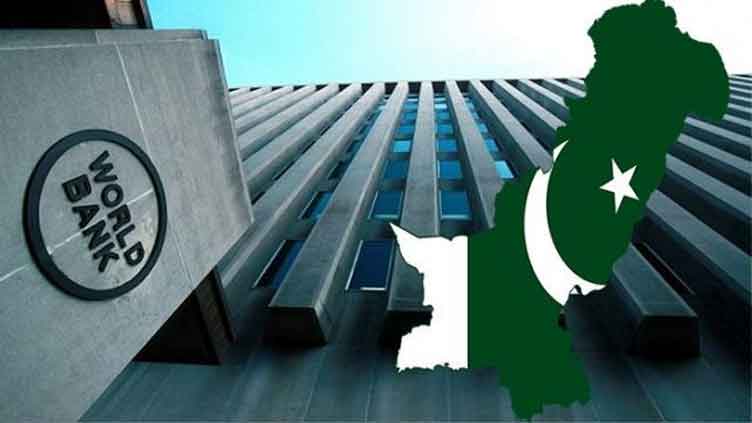World Bank underscores need for enhanced exports of Pakistan

Business
This makes one of the lowest shares in the region and among middle-income economies.
KARACHI (Web Desk) - Pakistan’s declining export performance, despite years of tariff protection, is a threat to its competitiveness and long-term economic prospects, says the World Bank.
In its latest policy assessment, the report says exports have shrunk to just over 10pc of GDP in 2024, down from more than 15pc in the 1990s.
This makes one of the lowest shares in the region and among middle-income economies.
In the report titled ‘From Inward to Outward: Pakistan’s Shift Towards Export-led Growth’, the World Bank says the slide reflects worsening constraints on businesses, compounded by recent policy shifts towards higher tariffs.
“Pakistan’s tariff structure - characterised by high average protection rates, cascading import duties, and ad hoc exemptions - has become a barrier to export-led growth,” the report said, noting that tariff rates had risen steadily since reaching their lowest levels in the early 2000s.
Pakistan’s goods exports rose 6.25pc year-on-year to $26.86 billion in the first 10 months of FY25, according to data released by the Pakistan Bureau of Statistics (PBS) earlier this month.
The World Bank’s assessment highlighted structural weaknesses in Pakistan’s trade policy and recommended transferring tariff-setting authority from the Federal Board of Revenue (FBR) to the National Tariff Board.
It also proposed establishing a National Regulatory Delivery Office to streamline policy implementation and reduce red tape.
The World Bank welcomed the launch of Uraan Pakistan - the government’s five-year plan for reforms and economic growth - in December 2024, but cautioned that tariff reforms must be accompanied by broader structural changes to make the economy more competitive.
The report also pointed to a challenging business climate marked by a misaligned exchange rate regime, high energy costs, regulatory complexity and limited access to credit.
It warned that high import duties on raw materials and intermediate goods have further eroded firm productivity, sales and wages.
Pakistan’s exports face another major threat of now on-hold reciprocal tariffs of up to 29pc announced by US President Donald Trump.


